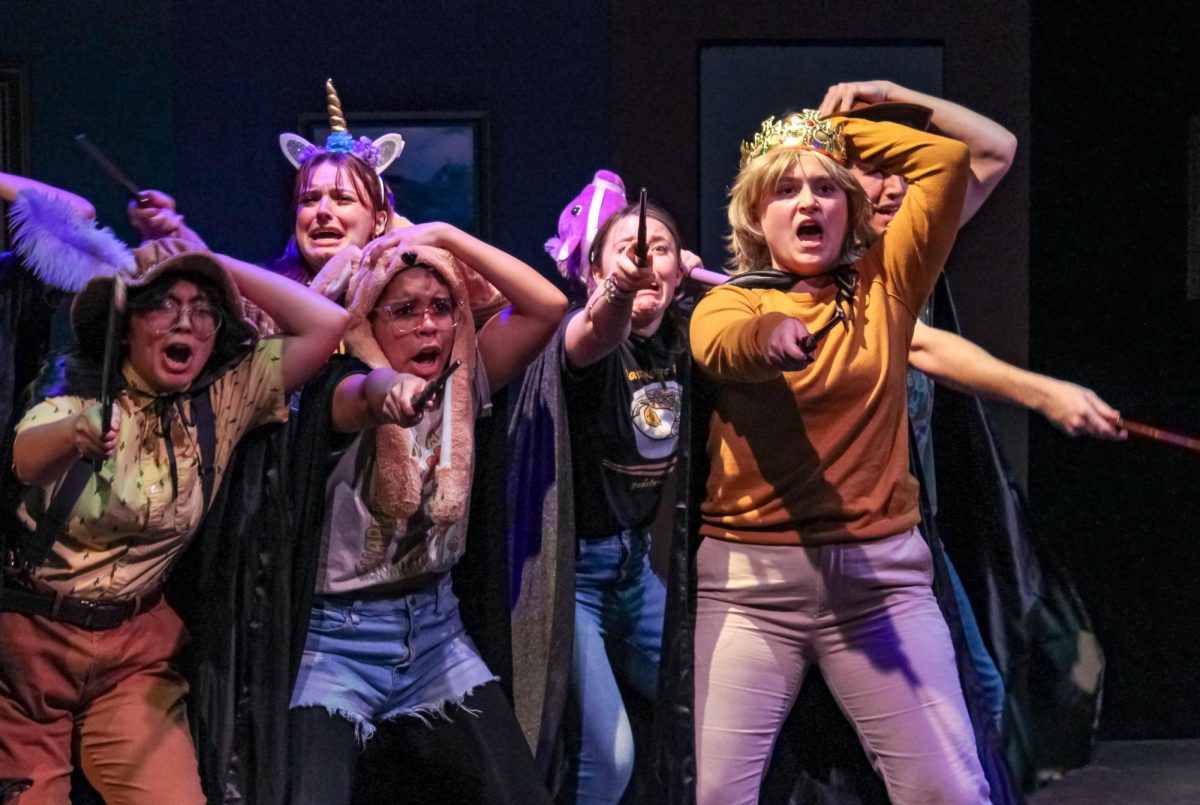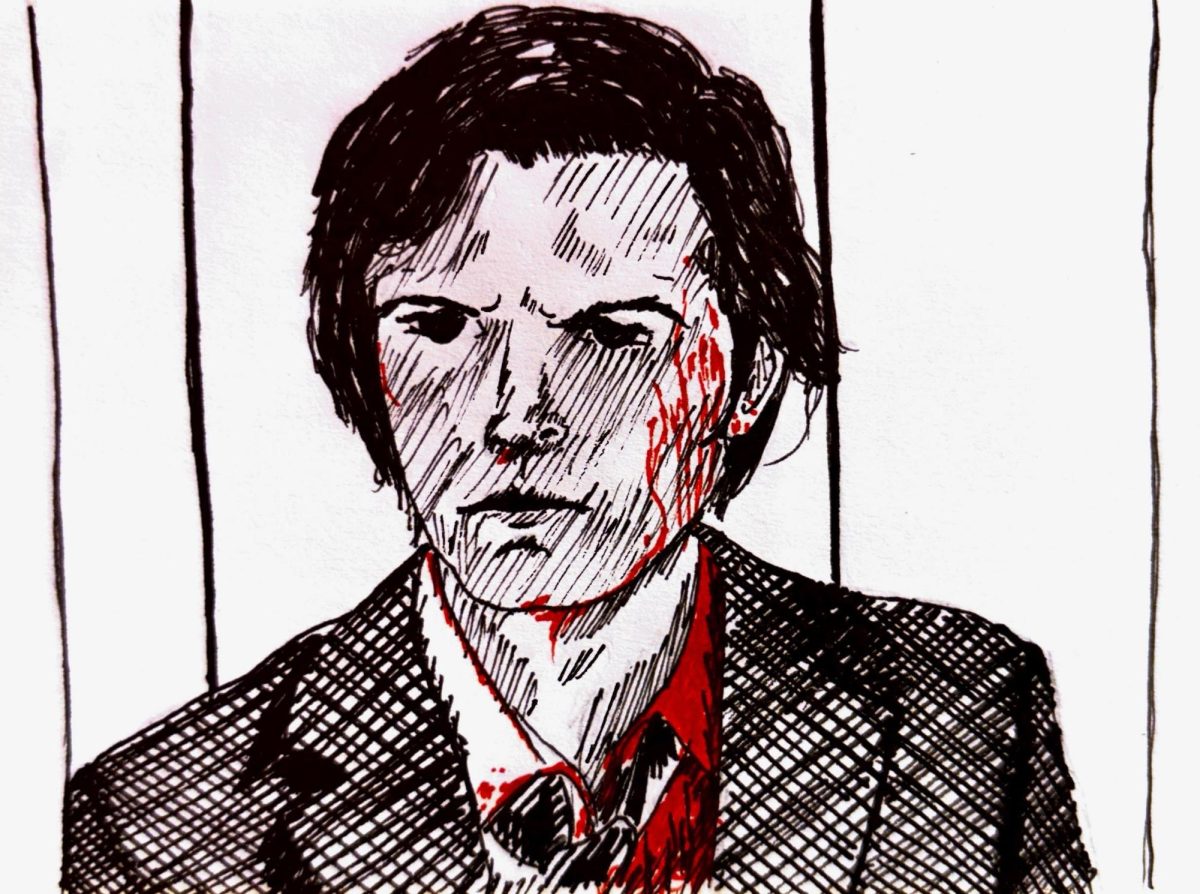Self-publishing is becoming a more common publishing method, and social media apps like TikTok provide ways for creators to share their literature without having to rely on their publisher’s marketing. “BookTok” is a haven for promoting these new novels. However, on “BookTok”, creators don’t care about reading books, they care about buying them, and the only ones they care about buying are smut.
While self-publishing creates accessibility, opportunists have taken advantage of the fewer publishing restrictions. Romance novels are rather popular, as they’re easily digestible, entertaining and racy. Catering to a market of mostly romantically unsatisfied women, the books offer a reprieve away from reality. They allow women to explore their sexuality and desires, and romance fans find community in each other.
However, the books themselves aren’t exactly high quality. They often focus on the same archetype of an independent female lead and the “tall, dark and handsome” love interest, and they’re written at lower levels so that a wider audience can read them. There’s nothing innately wrong with these types of books existing, but they are mostly for-profit novels that lack any true meaning.
Romance novels fit a culture of consumerism perfectly, and “BookTok” makes them quick and easy to find and buy. Rarely are classics, self-improvement or nonfiction books ever shown. Instead, influencers praise these romance books for the main characters’ chemistry and how well-written their “spice” scenes are to their audiences. In turn, “BookTok” fans eat up these novels. Following this formula’s success, more and more people pick up the pen, seeking to achieve the popularity of books like “Icebreaker” and “A Court of Thorns and Roses.”
With “BookTok” encouraging so many young people to get back into reading, I’m disheartened at the quality of the novels. There are so many other great works of fiction out there with profound impact. Or classics that have shifted history, but “BookTok” never promotes these novels. I doubt that a series as rich and complex as “Lord of the Rings” would become as popular in this culture, as books like those require a great deal of time and thought.
Instead, “BookTok’s” romance novels are generic and surface level, and some of the books might even be dangerous. Dark romance novels like “Haunting Adeline” romanticize stalking, rape culture and domestic abuse. With so many people turning to “BookTok” for recommendations, I’m concerned by the messages of these novels.
With authors having more control, new books that might’ve been undiscovered are now brought to larger audiences through “BookTok”. On the bright side, this means that marginalized authors such as queer or Indigenous writers have benefitted from these changes. They might have experienced bias within the publishing industry, so this power grants authors the power to promote exciting and thought-provoking novels that might have been ignored before. Instead, though, this change in the market has only been manipulated for profit.
The romance genre has been on the rise for a while now. “Twilight” was a shocking phenomenon in 2005, but it now feels like a new “hit romance” pops up every week. Books like “The Hunger Games” or “The Lightning Thief” don’t go viral anymore. Many readers ask authors about spice level rather than plotlines, while the most popular books have redundant generic tropes like “enemies to lovers.” “BookTok” influencers have the power to turn readers to interesting and complex books, but they won’t. Why? Because that isn’t profitable.







